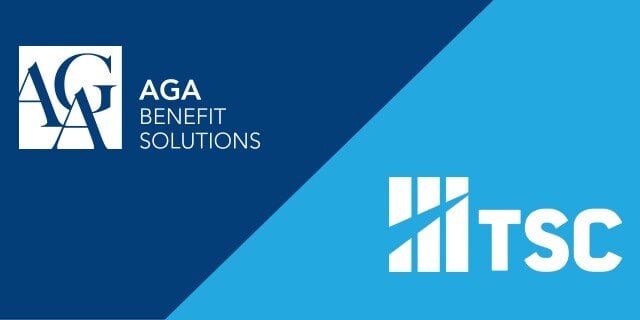Harassment and sexual violence in the workplace: actions to be taken before September 27, 2024

On March 21, 2024, just over 20 years after the Act respecting labour standards came into force with regard to psychological harassment, the Quebec legislator made a major update to worker protection measures by adopting the Act to prevent and fight psychological harassment and sexual violence in the workplace (the “Act”). Many labour laws are being amended to provide greater legislative protection for victims of psychological harassment and sexual violence in the workplace, and to prevent such behaviour from occurring.
Here we look at some of the main measures introduced to deal with sexual violence in the workplace.
Mandatory content of the psychological harassment prevention policy
The Act prescribes the minimum content of any psychological harassment prevention policy to be adopted by employers by September 27, 2024. A major update will be required to include the following elements:
- The methods and techniques used to identify and control the risks of psychological harassment, including behaviour of a sexual nature;
- The procedures for making complaints or reports and the persons designated to manage a harassment complaint as well as information on the follow-up;
- The specific information and training programs on psychological harassment prevention that are offered;
- The rules governing work-related social activities;
- The measures to protect the persons concerned by a situation of psychological harassment and the persons who have cooperated in the processing of a complaint or report;
- The management process, including the process that applies to the holding of an inquiry by the employer;
- The measures to ensure the confidentiality of complaints, reports, information or documents received;
- A preservation period of at least two years for confidential documents.
Employers subject to the obligation to implement a prevention program under Bill 59, An Act to modernize the occupational health and safety regime, will be required to include their harassment prevention and complaint processing policy by October 6, 2025.
Inapplicability of amnesty clauses for misconduct relating to sexual violence
In a unionized environment, many collective agreements include amnesty clauses, whereby a disciplinary measure lapses after a certain period of “good conduct.” Henceforth, an employee who has been disciplined for misconduct relating to sexual violence will no longer be able to take advantage of such amnesty clauses to claim a clean disciplinary record and avoid the imposition of more severe disciplinary measures. Employers will thus be able to crack down more severely on repeat offenders of sexual violence.
Intensification of the employer’s obligation of prevention
The Act specifies that an employer’s obligation to take measures to prevent and put a stop to psychological harassment extends to harassment from “any person” in the work environment, such as customers, suppliers and other visitors. This principle, already widely recognized in labour law jurisprudence, will remove any ambiguity as to the employer’s responsibility to protect employees from all forms of harassment in the workplace, even when the harassment comes from third parties.
Prohibition of retaliation against whistleblowers
The Act strengthens protection for persons who report harassment they have witnessed. Employers are prohibited from retaliating against employees to this effect, and employees have recourses in the event of any violation.
New presumption for victims of sexual violence
The Act respecting industrial accidents and occupational diseases is amended to introduce two presumptions facilitating the recognition of employment injuries resulting from sexual violence. The first presumption states that a worker’s injury or disease is presumed to have arisen out of or in the course of the worker’s work when it results from sexual violence suffered by the worker and is committed by the worker’s employer, the employer’s officers, or a worker whose services are used by the employer. The second presumption provides that a worker’s disease arising within three months after the worker suffered sexual violence at the workplace is presumed to be an employment injury. This addition considerably reduces the burden of proof on victims to demonstrate the existence of an employment injury.
All employers liable for work-related injuries resulting from sexual violence
The new imputation exception establishes that, when a worker’s employment injury results from sexual violence, the cost of benefits related to this injury is imputed to the employers of all the units.
Separate two-year period to file a claim relating to sexual violence
A worker has six months in which to submit an employment injury claim. The time limit for filing a claim with the CNESST for an occupational disease resulting from sexual violence is set at two years.
Definition of “sexual violence”
The legislator defines “sexual violence” in the Act respecting occupational health and safety. Any form of violence, behaviour or comments with sexual connotations, even if isolated, constitute sexual violence, which also includes violence relating to sexual and gender diversity.
Conclusion
The new measures introduced by the legislator will certainly help prevent and fight psychological harassment and sexual violence, as well as support the victims of such misconduct more adequately. Given employers’ obligations in this area, vigilance is called for, and adjustments will be necessary in terms of both practices and policies.
Our labour and employment law team is available to guide you in implementing these various measures to prevent and fight psychological harassment and sexual violence in the workplace.






